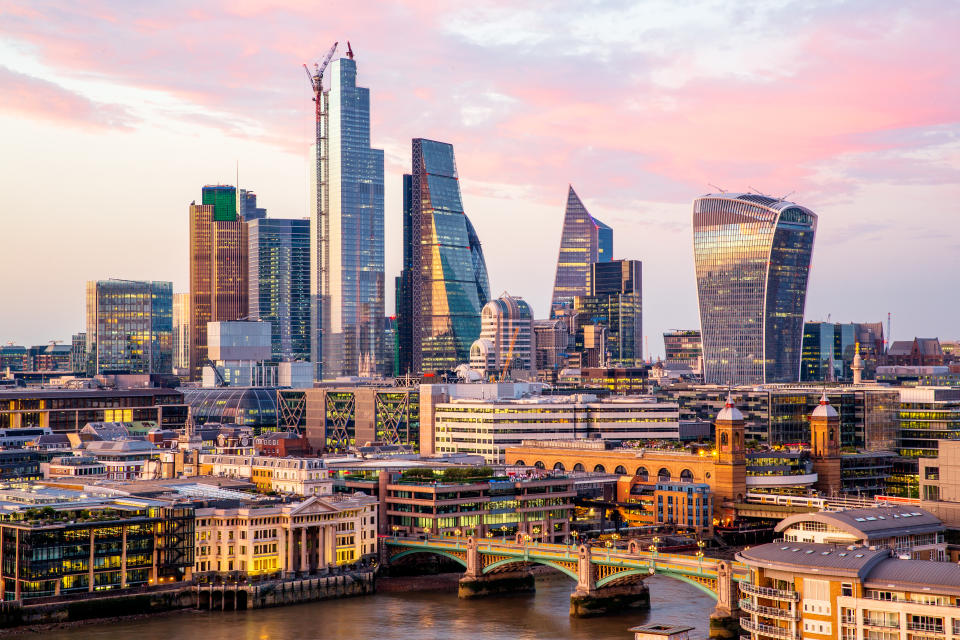Britons want government to prioritise environment, data protection in trade deals

UK consumers want the government to prioritise health and safety standards as well as environmental impact and data protection when negotiating trade deals, a new report has revealed.
Consumer group Which? published the findings of its National Trade Conversation in which it spoke to around 100 consumers across the country in August and September. It found that there were four key priorities for consumers: maintaining health and safety standards of consumer goods, upholding data regulation rules, addressing regional inequalities and protecting the environment.
They maintained that neither lower prices nor wider choice was a good enough reason to compromise on these standards.
READ MORE: UK strengthens powers to block deals on national security grounds
Participants were asked to look at a range of issues that could be considered as part of trade deals, including their implications for consumer goods and services, with a particular focus on food, cars, toiletries and digital trade.
They expressed concern that when it came to food standards, allowing cheaper imports produced to lower standards into the country could exacerbate existing inequalities and lead to a situation where food produced to higher standards was only available to wealthier consumers.
Maintaining standards and therefore consumer protection was also a top priority when it came to cars, the UK’s biggest imported and exported product. Participants stressed there was an “obligation” to deliver high safety standards.
Those surveyed were enthusiastic about the opportunities digital trade offered, but showed concern that freer data flows could weaken protection and expose people to data misuse and scams.
One participant said: “The starting point in negotiations should be what will have most benefit for citizens, not what will attract the biggest companies.”
The importance of protecting the environment in trade deals was also a top priority. The UK government has a legally-binding commitment to achieve net-zero emissions by 2050, and participants were adamant trade deals should be aligned with this target.
READ MORE: UK seals first post-Brexit trade deal with Japan
Another important issue was the need to address regional inequalities and ensure trade deals are not England or London-centric.
Which? said the government should use the results of its study to develop a trade policy that can command the confidence of UK consumers.
Sue Davies, head of consumer protection at Which?, said: “The UK has the opportunity to develop a trade policy that commands public confidence, if it listens to consumers every step of the way. This research gives a clear indication of the issues that really matter to ordinary people, so the government should ensure these are reflected in its negotiating priorities.”
The study comes at a time when the UK is negotiating a Brexit deal with the EU, along with separate trade deals with several countries, including the US and Canada. This is because when the UK leaves the EU, it will lose the benefits that come with being part of the bloc — unified tariffs and trading conditions with 27 other nations.
WATCH: What does a Joe Biden presidency in the US mean for the global economy?

 Yahoo Finance
Yahoo Finance 